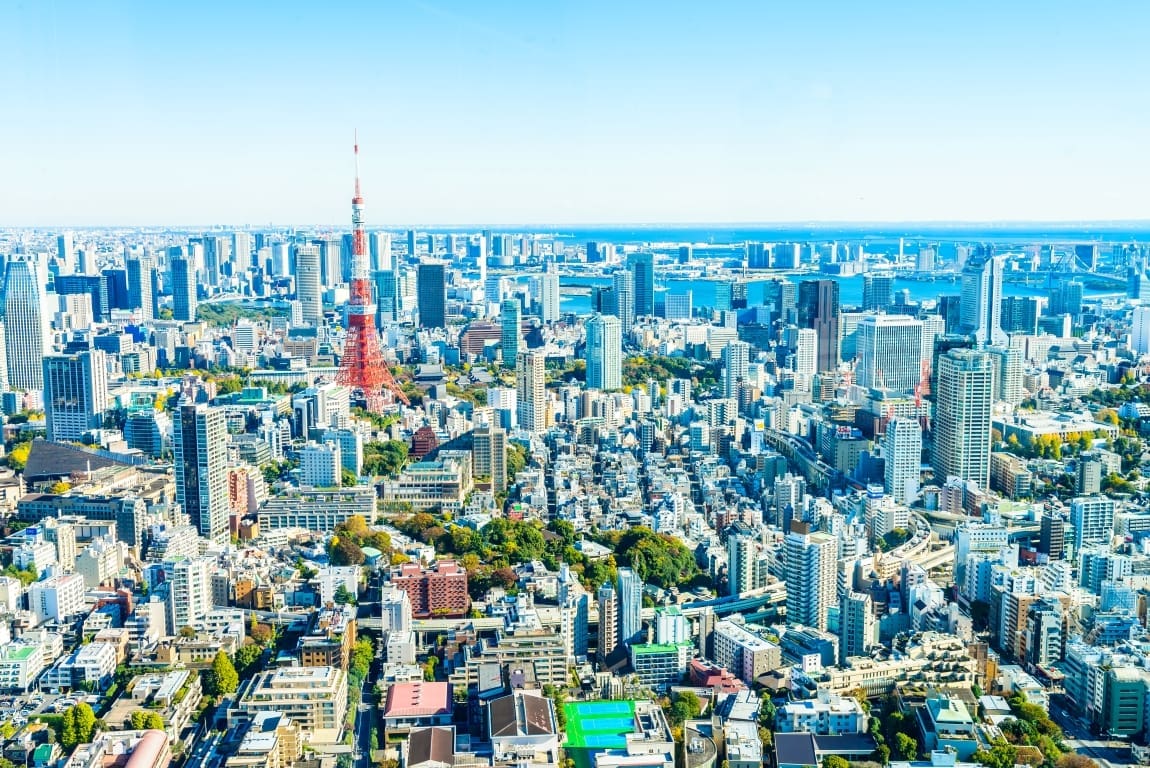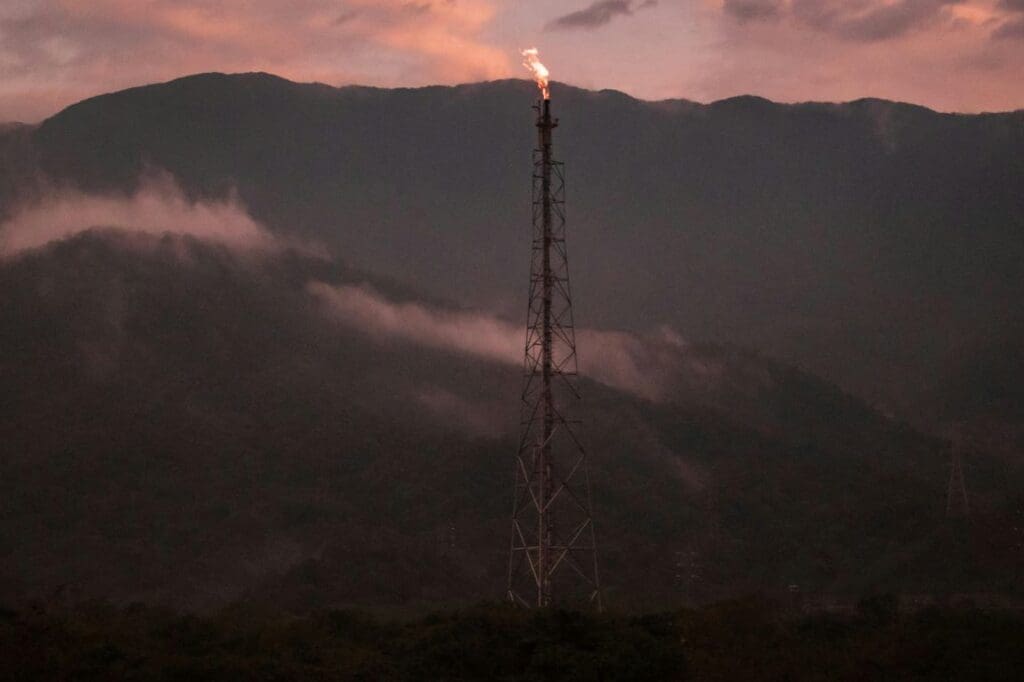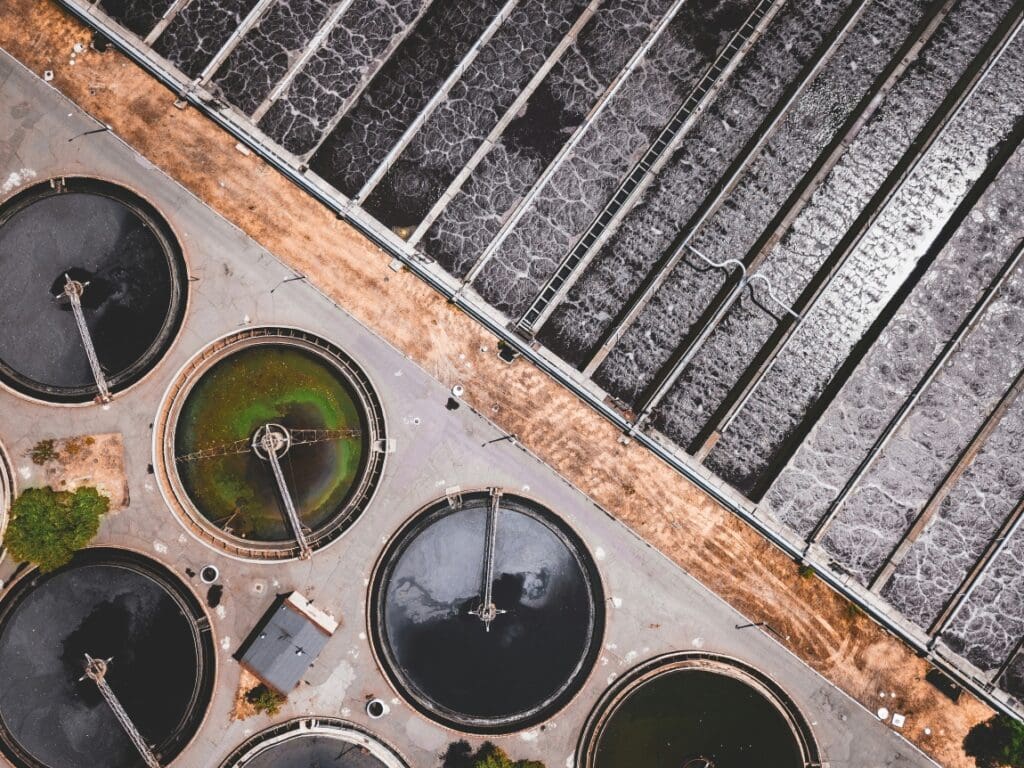By Tomohiro OSAKI | AFP
Tokyo, Japan – Six people have died of heatstroke in Tokyo as Japan swelters under a rare rainy season heatwave, prompting authorities to issue a flurry of health warnings.
Over the weekend, the central Shizuoka region became the first in Japan to see the mercury reach 40 degrees Celsius (104 Fahrenheit) this year, far surpassing the 35-degree threshold classified by weather officials as “extremely hot”.
Such severe heat in the middle of Japan’s rainy season is “rather rare”, caused in part by a strong South Pacific high-pressure system, a weather agency official told AFP.
Temperatures also hit record highs near 40 degrees Celsius on Monday at observation posts in Tokyo and in the southern Wakayama region, according to local media.
The past few days have seen authorities issue heatstroke alerts in much of the country, urging residents to avoid exercising outside and to use air conditioning.
The capital logged three deaths linked to heatstroke on Saturday and three more on Monday, when the mercury hovered around 35 degrees Celsius at midday, according to the city’s medical examination office.
“Without the AC on, I find it difficult to survive,” Tokyo resident Sumiko Yamamoto, 75, told AFP, adding she feels “it’s gotten drastically hotter” since last year.
“Through the advice given on TV, I try to stay hydrated as much as possible. Because I’m old, I’m being careful not to collapse,” she said.
Heatstroke is particularly deadly in Japan, which has the second-oldest population in the world after Monaco.
Yamamoto’s age puts her in the demographic flagged by health experts as particularly vulnerable to heatstroke, along with infants and those living alone or who are too poor to afford air conditioning.
The Japanese Association for Acute Medicine on Monday warned of the rising death toll from heat exhaustion nationwide, which grew from just a few hundred per year two decades ago to around 1,500 in 2022.
The sheer number of fatalities suggests that heatstroke now poses a danger on par with that of “a major natural disaster”, the group said, warning against non-essential outings.
Tokyo business executive Mikio Nakahara, 67, says the difference between Tokyo 50 years ago and now is stark.
“Tokyo wasn’t as hot as it is now,” he told AFP.
But these days, “I try to work remotely as much as possible so I don’t have to go outside.”
With ever-hotter summers becoming the norm around the world, tourists like Ainhoa Sanchez, 29, aren’t too surprised by Tokyo’s temperatures.
“So the plan is going sightseeing a little bit. Drinking a lot of liquids. Maybe when we get too hot, we can get into a shop, look around, chill a bit and then go back to the street,” she told AFP.
tmo/stu/tym
© Agence France-Presse
Featured image credit: mrsiraphol | Freepik




